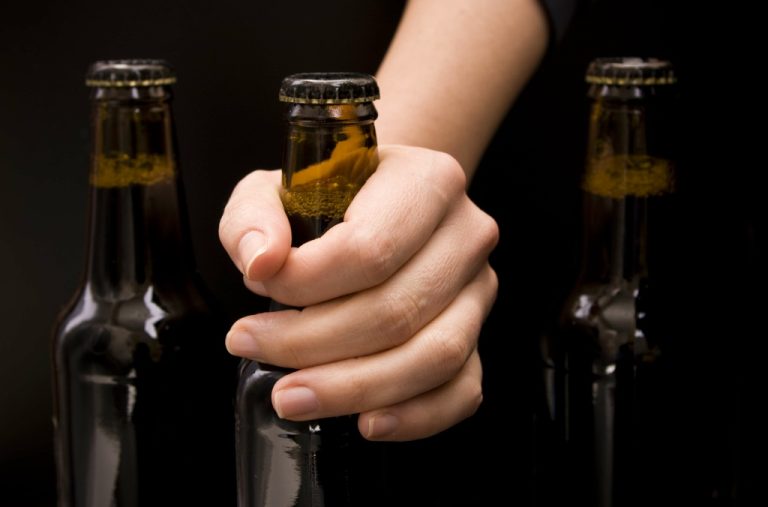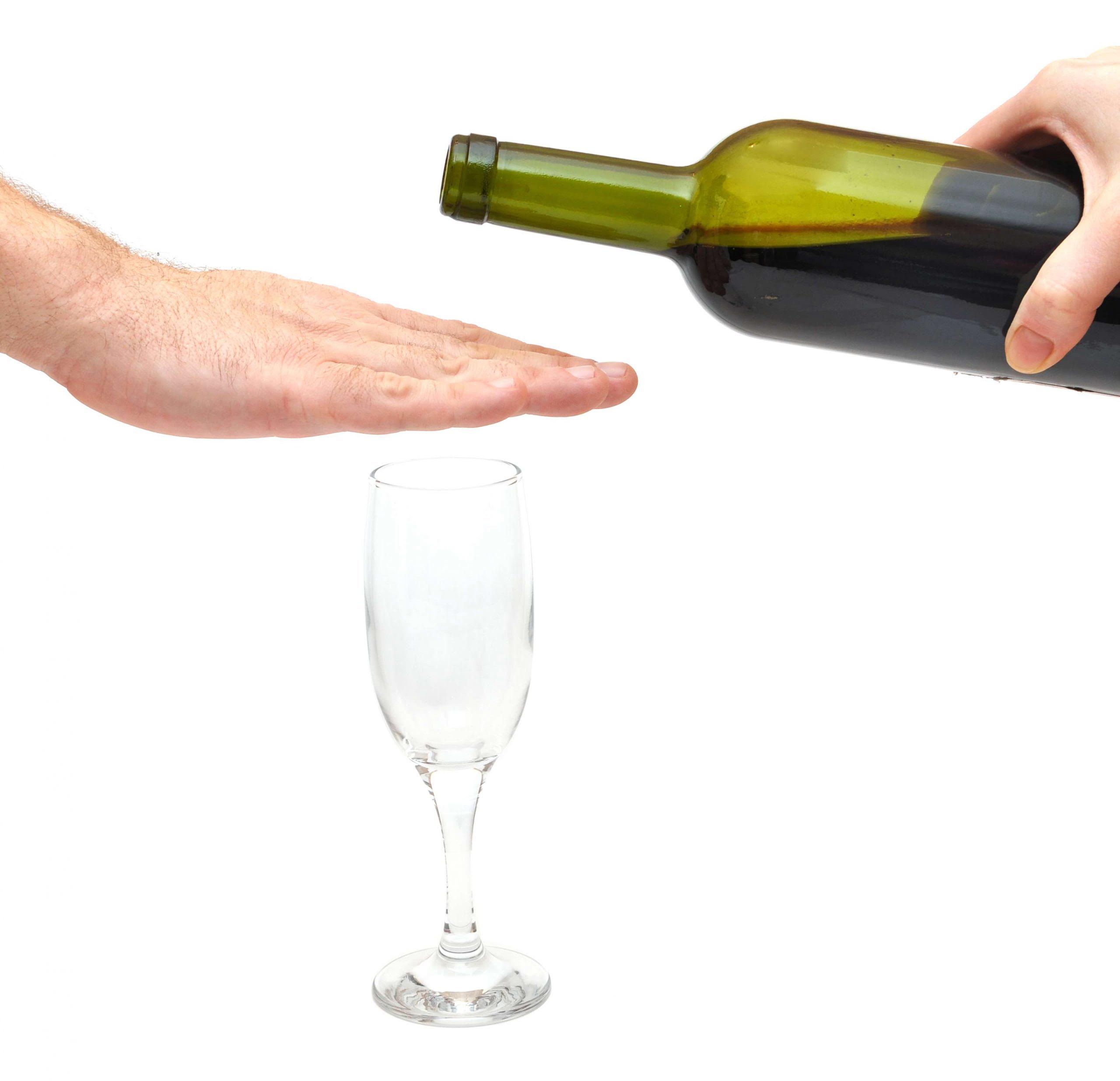Recovering alcoholics experience substantial and variedthinking deficits at 2 weeks into recovery. These thinking problems help toexplain high relapse rates during the first period of abstinence andunderscore the need for effective compensatory coping strategies (such as thoseyou would learn in an addiction treatment program). Whether your relapse means that you need to attend treatment again depends on several factors. These include how long the relapse lasted and how much you were drinking during the relapse.
Sobering Up From Alcohol When You’re Addicted
At this stage your risk of experiencing cardiovascular disease and several cancers starts to reduce (World Cancer Research Fund, 2007; Roerecke et al., 2017). Many will notice that their blood pressure has lowered if it was high before making changes. For people who have experienced weight gain due to drinking excess alcohol, weight loss may be part of the AF (alcohol-free) https://triviumsystems.biz/do-one-of-these-to-get-triple-the-health-bang-for-your-buck/ experience. Finally, you may start to experience a boost in your overall mood and a less intense experience of anxiety or depression. The average liver in a healthy adult metabolizes one drink in approximately two hours. You may find—besides stopping alcohol consumption—other negative behaviors and feelings still exist because they have not been addressed in a healthy way.

Signs of Alcohol Relapse
Drinking in moderation means you’ll likely need to turn down a drink now and again. Planning exactly how you’ll say no—in a quick, polite, and convincing way—can make it easier for you to stick with your convictions and avoid a spiral of uncomfortable excuses. People who drink heavily or who drink alone may choose to stop drinking for several months, a year, or longer, depending on their needs. While no path in recovery is a straight line, a person in recovery actively attempts abstinence, harm-reduction education, and application of said education.

Avoid Old Routines and Habits
Navigating the journey of long-term recovery from alcohol addiction is a challenging but rewarding process. Understanding the risks of returning to alcohol after sobriety, the complexities of alcohol use disorder, and the benefits of a sober https://zkp42.ru/1381-depressiya-u-detey-chto-delat.html life can empower individuals to make informed decisions about their recovery journey. Whether choosing complete abstinence or attempting moderation, being mindful of potential pitfalls and triggers is crucial to maintaining sobriety.

Knowing these statistics, why would any of these people choose to drink again? When explaining this concept to your non-alcoholic friends, though, you may have to give them more detail so that they can understand why you simultaneously want to be sober and wish you could drink at the same time. As all these responses can attest, medication-assisted treatment is an effective alternative to traditional alcohol rehab for many people.
- First, rather than viewing your relapse as a sign of failure, accept it as a step in your journey to sobriety that signals you need to revise your recovery approach.
- Alcohol “interferes with the brain’s communication pathways, and can affect the way the brain looks and works.
- This approach looks at the entire individual, seeking to address both the biological and behavioral aspects of addiction.
- If you choose to drink, do so mindfully—limit how many drinks you have, avoid getting drunk, and talk to a healthcare provider if you suspect you have an unhealthy relationship with alcohol.
- If a person stops drinking after tolerance, dependence, or addiction takes hold, they will experience withdrawal symptoms.
- Life is full of choices, and the choices we make, make the people we become.
- Check out the supportive community on our Daybreak app or get some health coaching support to encourage you along this path.
Could I Just Figure Out How to Drink in Moderation?
An extended relapse with heavy drinking can put you at risk of alcohol withdrawal symptoms, which can be dangerous. If you’ve experienced an extended relapse, you’ll likely benefit from medical detox, where any withdrawal symptoms are managed under medical supervision. Once your doctors in detox have made a full assessment of your condition, they will be able to recommend whether or not they think you would benefit from going back to rehab.

We want to take you through some of the improvement and progress that you can notice if you decide to quit or reduce your intake significantly. We want you to be informed of the things you can start noticing after a couple of weeks, all the way to 12 months down the track. Your BAC reaches 0 once there is no https://www.interstellarindex.com/MentalDisorders/encyclopedia-of-mental-disorders remaining alcohol in your bloodstream, but traces of alcohol can stay in your urine, saliva, breath, and hair for varying lengths of time. The symptoms involved in PAWS can be a barrier to recovery if you’re not careful. In addition to being able to recognize them, it’s important to know when to seek help.
People then must maintain their sobriety over the years by participating in aftercare and supportive programs, such as 12-step groups. Resources such as Lantana Recovery can offer professional help with alcohol use disorder, the urge to drink, or anything related to alcoholism treatment. By utilizing these resources and maintaining a strong support network, individuals can confidently navigate the challenges of recovery and enjoy a fulfilling, sober life. For those struggling with alcohol addiction or considering returning to drinking after sobriety, seeking professional help is highly recommended. Therapy, support groups, and other resources can provide invaluable assistance in managing addiction and maintaining recovery.
This exploration has navigated through the biological, psychological, and social underpinnings of alcoholism, the controversial concept of controlled drinking, and the challenging dynamics of sobriety and relapse. It is evident that alcoholism is not a one-size-fits-all condition, nor is its recovery a linear path marked by a universal solution. Achieving and maintaining sobriety is a complex and deeply personal journey that varies from one individual to another. While the path is often marked by setbacks, including relapse, each step forward is a testament to the resilience and strength of those fighting to overcome addiction.
